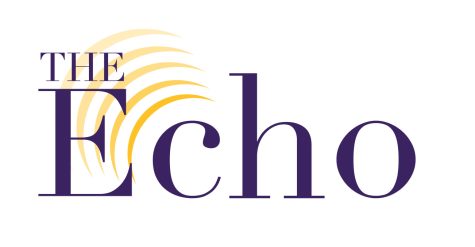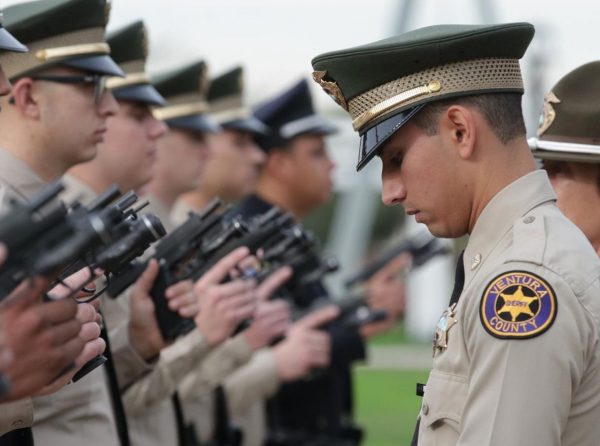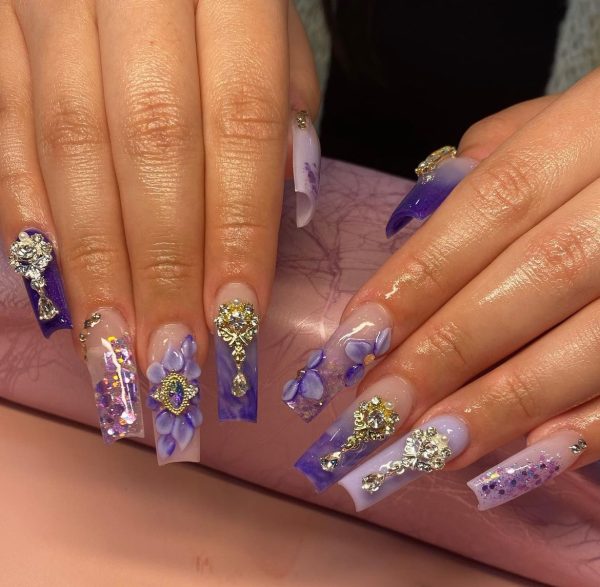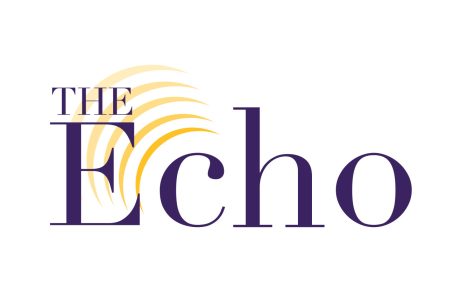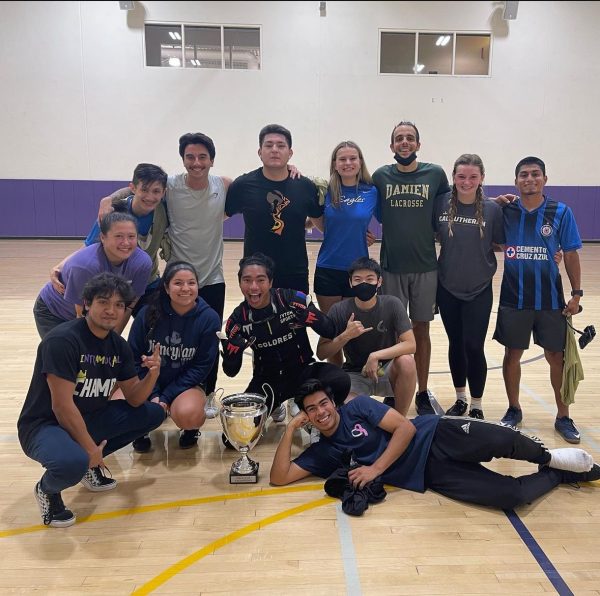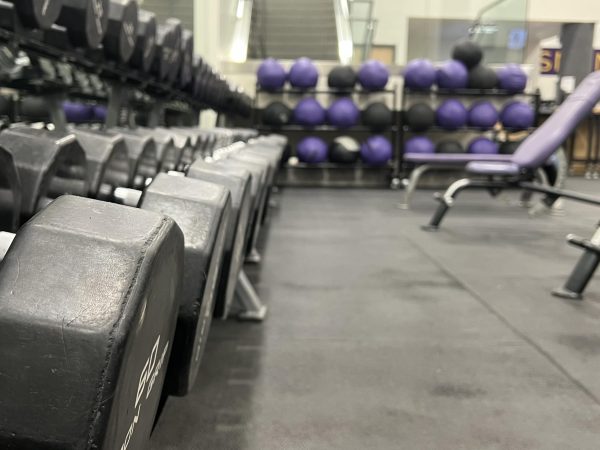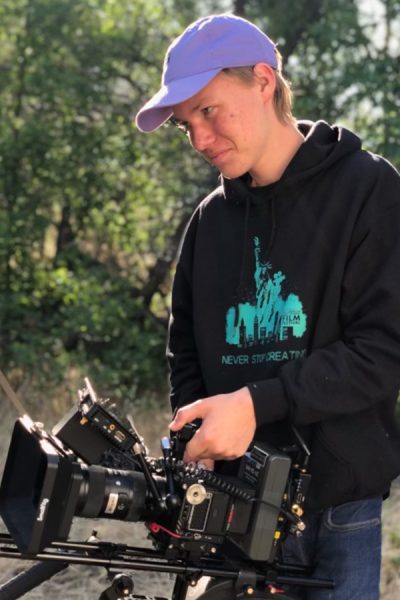Harvey Weinstein’s conviction is a start
March 10, 2020
On Feb. 24, 2020 a New York jury found former Hollywood producer Harvey Weinstein guilty of rape in the third degree and criminal sexual acts in the first degree. However, Weinstein was acquitted of the most serious charges against him: predatory sexual assault and rape in the first degree.
Weinstein’s criminal conviction is a partial victory for sexual assault survivors and the #MeToo movement. Without the #MeToo movement, the chances of Weinstein being convicted of any charges would’ve been extremely slim. Two years ago, this movement shed light onto the hush-hush topic our society has faced for decades and gave power and voices back to people who had been silenced previously.
For years, Manhattan District Attorney Cyrus Vance refused to bring criminal charges against Weinstein despite there being a tremendous amount of evidence against him, including a taped confession from Weinstein that was obtained by NYPD. This dismissal from Vance and law officials only furthered the heinous acts and power behind Weinstein and people like him.
The powerful testimonies and openness from women around the world thanks to the #MeToo movement allowed for what many thought would be impossible, the conviction of Harvey Weinstein.
Only 0.05% of reported sexual predators are convicted of their crimes. The cultural biases and ongoing sexism that are present in modern day society keep predatory men, like Weinstein in power. The sexism in cases like this often depicts women as dishonest and more often than not, allows officials to view sexual harm less severe than other forms of harm, like violence.
Weinstein’s case depended on a jury which many people believed would have ended in Weinstein’s favor, due to the fact many defense attorney’s techniques in acquitting their client is to discredit the prosecution. Once credibility is lost it’s easy for a defense team to ruin a trial.
Weinstein’s criminal conviction is a victory for these cases, but as a society we still have a long way to go. It doesn’t change the broken criminal justice system. The survivors and prosecutors of Weinstein’s crimes had to overcome the cultural biases and common mistrust of women who have experienced sexual assault. These brave women had to fight against the odds and challenge law enforcement and a system that is against them. Law enforcement and the statute of limitations restrict the availability for people to come forward with their stories and allows for officials to tell them that their story and their truth doesn’t matter anymore.
We live in a time period, where our country and democracy allows for a social hierarchy of who is able to distinguish what “truth” is. Weinstein’s criminal conviction shows that this hierarchy is just now being challenged by trailblazers. The ongoing conversation of sexual abuse and the allowance for these women to share their stories and truth has changed the way in which we have been able to see availability for the people who commit these crimes to receive consequences, but it has not changed the fact that these acts haven’t ended.
Because of the #MeToo movement one of the world’s most powerful men was able to receive punishment for his heinous acts. This movement revolutionized the way in which people have been able to speak their truth and take their voice back, and for that I say, thank you #MeToo. We have a long way to go but because of you, we’ve already come so far.
“It took years, and millions of voices raised, for one man to be held accountable by the justice system,” Tarana Burke, creator of the #MeToo campaign said in a statement. “And, though today a man has been found guilty, we have to wonder whether anyone will care about the rest of us tomorrow. This is why we say MeToo.”
As a society, if we want to say that we support survivors and that these acts are intolerable, laws need to change, institutional oppression against women needs to be dissolved and the statute of limitations needs to be erased.




